I know it was you, Fredo. You broke my heart

- Meaning
- The phrase encapsulates feelings of deep betrayal and emotional pain, highlighting the fragility of familial ties. Philosophically, it touches on themes of loyalty, trust, and the weight of expectations placed upon family members. Psychologically, the interaction suggests feelings of disappointment and hurt when a loved one fails to meet the emotional standards set within familial relationships, illuminating the complexities of love and loyalty.
- Allegory
- The elements of the image embody the heartbreaking emotional conflict of the phrase. The broken heart signifies the deep emotional pain of betrayal, while the fading profiles represent the lost connection between brothers. The somber colors reflect the seriousness of the heartbreak, evoking a reflective mood that encapsulates the emotional weight of deep familial ties and the suffering that can arise from them.
- Applicability
- In personal life, the phrase serves as a reminder of the importance of trust and open communication in relationships. Understanding the effects of betrayal can encourage individuals to foster deeper connections with honesty and empathy. This phrase can resonate profoundly in discussions about boundaries, emotional intelligence, and forgiveness.
- Impact
- The phrase has had a monumental impact on popular culture, encapsulating the sentiment of betrayal in many contexts, not just within family dynamics. It has inspired various discussions about trust and relationships and is often quoted in contexts relating to personal betrayal or emotional pain.
- Historical Context
- The phrase originates from the 1974 film "The Godfather Part II". This movie explores themes of power, betrayal, and the immigrant experience in America post-World War II. The historical context reflects the struggles within families facing external pressures and moral dilemmas.
- Criticisms
- Some criticisms of the phrase stem from interpretations of familial loyalty, suggesting that it may condone toxic relationships rather than advocating for constructive conflict resolution. Critics might argue that the focus on betrayal overlooks aspects of difficult family dynamics that require understanding and dialogue rather than a simplistic view of loyalty and love.
- Variations
- Variations of this sentiment exist across many cultures, often emphasizing themes of betrayal and trust. For instance, the Japanese proverb "The nail that sticks out gets hammered down" subtly suggests the risks of standing out in family or community dynamics, reflecting a different cultural interpretation of loyalty and expectations within relationships.
-
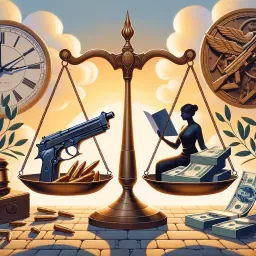
Finance is a gun. Politics is knowing when to pull the trigger.
-
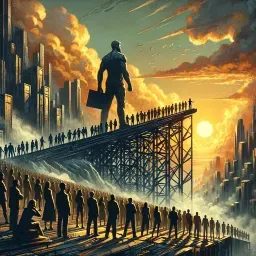
Michael, we're bigger than U.S. Steel.
-
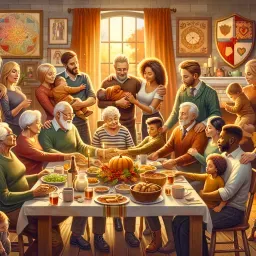
You are my older brother, and I love you. But don’t ever take sides with anyone against the family again. Ever.
-

I trust these men with my life, Senator. To ask them to leave would be an insult.
-

I refused to be a fool dancing on the strings held by all those big shots.
-

Fredo, you’re my older brother and I love you. But don’t ever take sides with anyone against the family again.
-

You’ve got a friend in me.
-
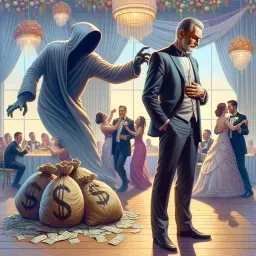
You come into my house on the day my daughter is to be married and you ask me to do murder, for money.
-

This is the life we chose, the life we lead. And there is only one guarantee: none of us will see heaven.
-
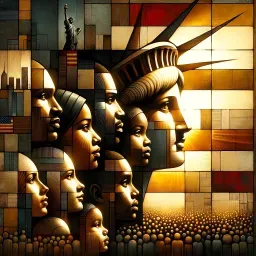
I believe in America. America has made my fortune.
-

We’re gonna be like three little Fonzies here. And what’s Fonzie like? Cool.
-

What’s the matter with you? Is this how you turned out? A Hollywood finocchio that cries like a woman?
No Comments